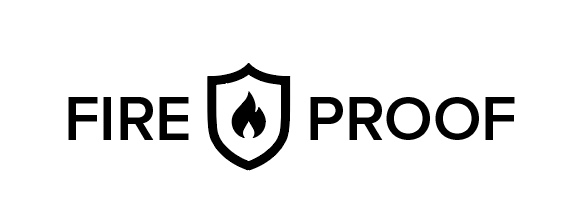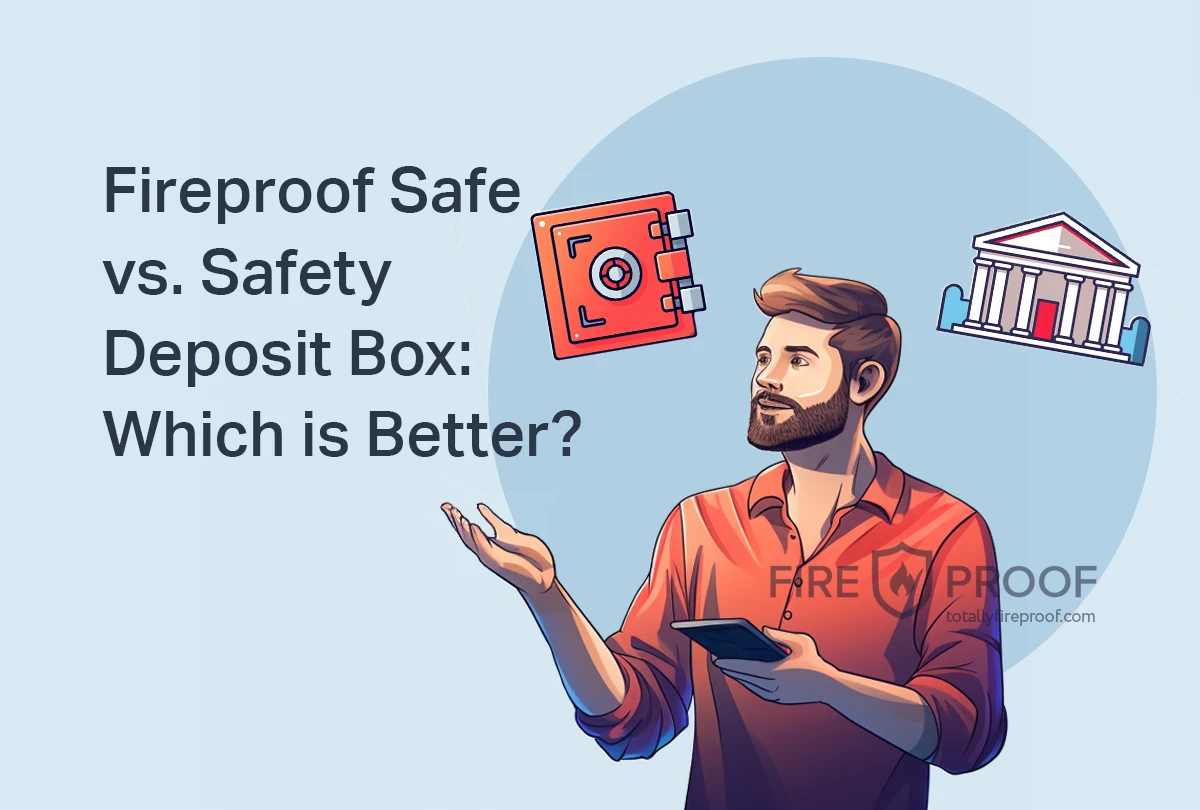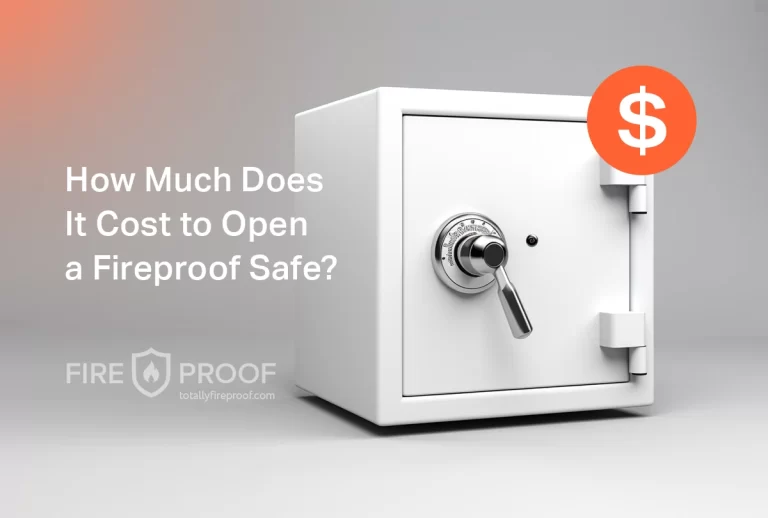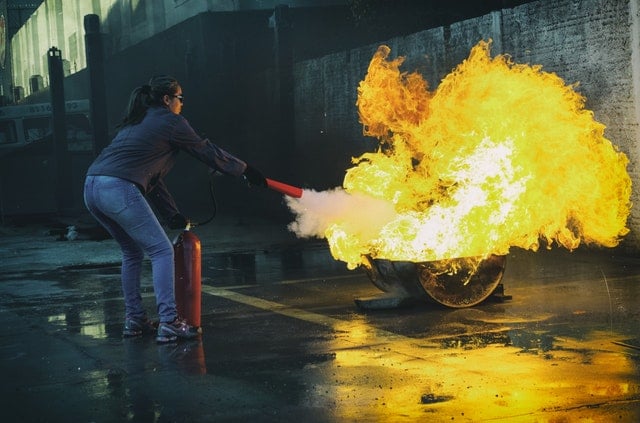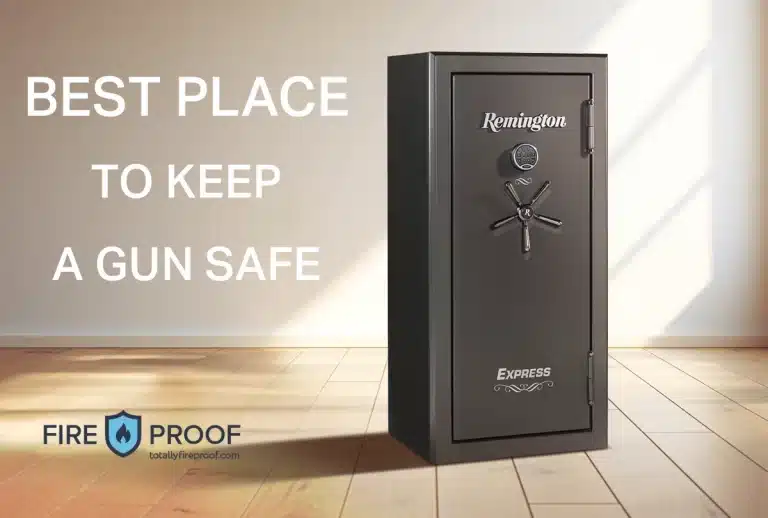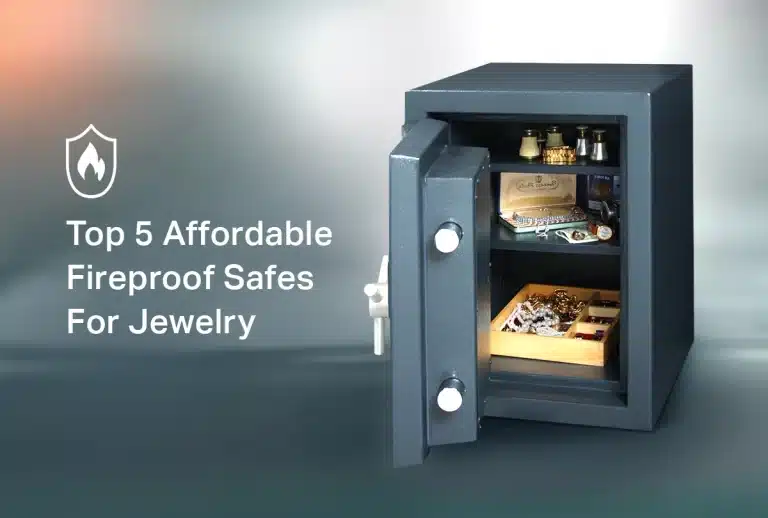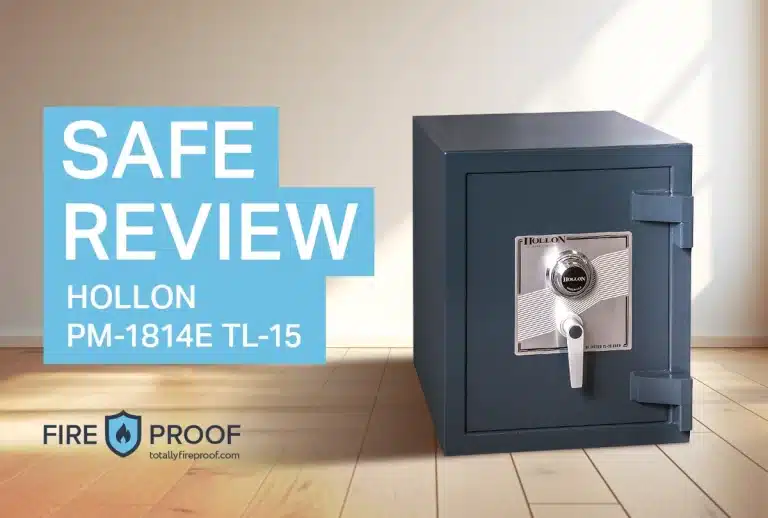Fireproof Safe vs. Safety Deposit Box: Which is Better for You
If you are reading this then you are most likely interested in keeping your valuables safe. Which is a smart decision, no doubt about it. So you might be thinking about using a fireproof safe or a safety deposit box. But which one is better? Both have their strong sides, but they are different.
A fireproof safe is great for things you need often because you can get to them easily. A safety deposit box is better for stuff you don’t use much but still want to keep safe. The best choice depends on what exactly you need. Let’s look at which one is better for you: a fireproof safe or a safety deposit box.
Using Fireproof Safe
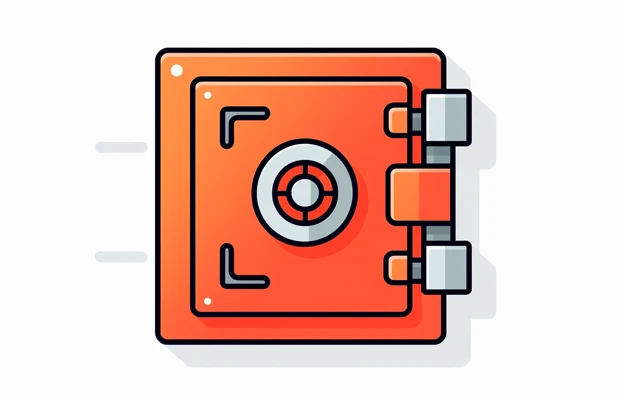
Fireproof safes are a great way to protect your valuables from fire, water, and other disasters. It’s a highly durable container with anti-theft, fireproof and water-resistant features. They are available in a variety of sizes and price ranges, so you can find one that is right for your needs.
Benefits and Drawbacks of Fireproof Safes
Benefits
- Fireproof safes are convenient and accessible. You can access your valuables at any time, without having to go to a bank or other financial institution.
- Fireproof safes are relatively affordable. You can purchase a good quality fireproof safe (of a smaller size) starting with a few hundred dollars.
- Fireproof safes are customizable. You can choose a safe that is the right size and has the exact features for your need.
- Unlike safety deposit boxes there are plenty of highly fire-resistant safes that are designed specifically to protect your items from fire.
Drawbacks
- Fireproof safes can be heavy and difficult to move, thus might require special installation and delivery.
- Fireproof safes can be broken into if they are not properly secured.
- Fireproof safes are located in residential houses, which are less secure on their own.
What to Keep in a Fireproof Safe
Taking into account the Pros and Cons of the safes we listed, we can give suggestions on what items are more suitable for storing in safes. Here are some examples of valuables that you may want to keep in a fireproof safe:
- Copies of important documents, such as birth certificates, passports, and wills.
- Valuables, such as jewelry, coins, and collectibles.
- Electronics, such as laptops, external hard drives, and smartphones.
- Cash and other financial records.
- Medications and other medical supplies.
Using Safety Deposit Box

Safety deposit boxes are a popular way to protect valuables. A typical safety deposit box is a secure container that is located in the vault of a bank or other similar financial institution. These boxes are not bought but rented out to individuals on a monthly or annual basis. Safety deposit boxes are usually used to store items like documents, jewelry and other valued possessions.
Benefits and Drawbacks of Safety Deposit Boxes
Benefits
- Safety deposit boxes are very secure because they are located in the vaults of banks. These institutions are heavily guarded and equipped with advanced security features.
- Safety deposit boxes are relatively affordable. You can rent a safety deposit box for a few dollars per month.
Drawbacks
- Safety deposit boxes can be inconvenient to access. You will have to go to a bank during business hours on working days to access your box.
- Safety deposit boxes may have limited capacity. You may not be able to fit all of your valuables in a single safety deposit box.
- A safe deposit box is not a deposit account. It is storage space provided by the bank, so the contents, including cash, checks or other valuables, are not insured by FDIC deposit insurance if damaged or stolen. Also, financial institutions generally do not insure the contents of safe deposit boxes.
What to Keep in a Safety Deposit Box
Given the nature of safety box and its cons and pros, here are some examples of items that you may want to keep in it:
- Original copies of important documents like birth certificates, property deeds, car titles. Here’s our #1 Pick for Fireproof box for legal documents
- Certain valuables, such as jewelry or coins.
- Family keepsakes, pictures or videos of your home’s contents for insurance purposes.
- Insurance policies and other financial records.
Comparing Fireproof Safe vs Safety Deposit Box
| Feature | Fireproof Safe | Safety Deposit Box |
|---|---|---|
| Security Level | High (Due to safe’s features). | High (Due to a bank’s building security) |
| Accessibility | 24/7 access. | During bank hours, on working days. |
| Cost | Varies depending on size and features, from a few hundred to a couple thousand dollars. | Typically, less expensive than a fireproof safe |
| Insurance | Contents of a fireproof safe can be typically covered by insurance as home insurance policy usually covers valuable items. | Contents of a safety deposit box are not typically covered by homeowners’ insurance |
| Other Considerations | Fireproof safes can be very heavy, needing proper installation. | To grant access to your deposit box to someone else you will need to sign additional authorization at the bank. |
As you can see there are quite substantial differences in between home safes and bank deposit boxes. The main distinction can be described in such features as Security, Accessibility, Cost and Insurance. Let’s dive deeper into these characteristics.
- Security: Safes are kept at home but might be stolen during a break-in. But they are built tough and secure. Deposit boxes son the other hands are kept in bank vaults, which is super safe. But deposit boxes are not fireproof.
- Accessibility: Safes give you 24/7 access. It is up to you to decide who has access to the contents of the safe. Deposit boxes are bank-hours only, which might be less convenient. You may also have to spend considerable time to get to the bank itself.And if you want to grant access to your deposit box to someone else this will require additional authorization letter written at bank.
- Cost: The cost of a fireproof safe varies depending on the size and features. Safety deposit boxes are typically less expensive. Depending on what you are planning to keep inside either option can be better.
- Insurance: Safes can be insured; deposit boxes typically aren’t.
Conclusion
While both a fireproof safe and a safety deposit box are good options for storing valuables, they do have different pros and cons. For example, if you need a quick access to your items and full control over your valuables, safe is a better choice.
Safety deposit boxes are a better solution for storing original copies of documents and valued items that you rarely use in your everyday life.
To easily decide what fits you netter, go through these points when choosing between a fireproof safe and a safety deposit box:
- Decide what security level you need. If you need the highest level of security, a safety deposit box is the best option.
- Think about how often you will need to access your belongings. If you need to access your belongings frequently, a fireproof safe is typically a better option.
- Think of the budget you are willing to spend. Fireproof safes can be more expensive than safety deposit boxes. However, the cost of a fireproof safe may be worth it if you need the high level of security and don’t want to worry about fire threats.
